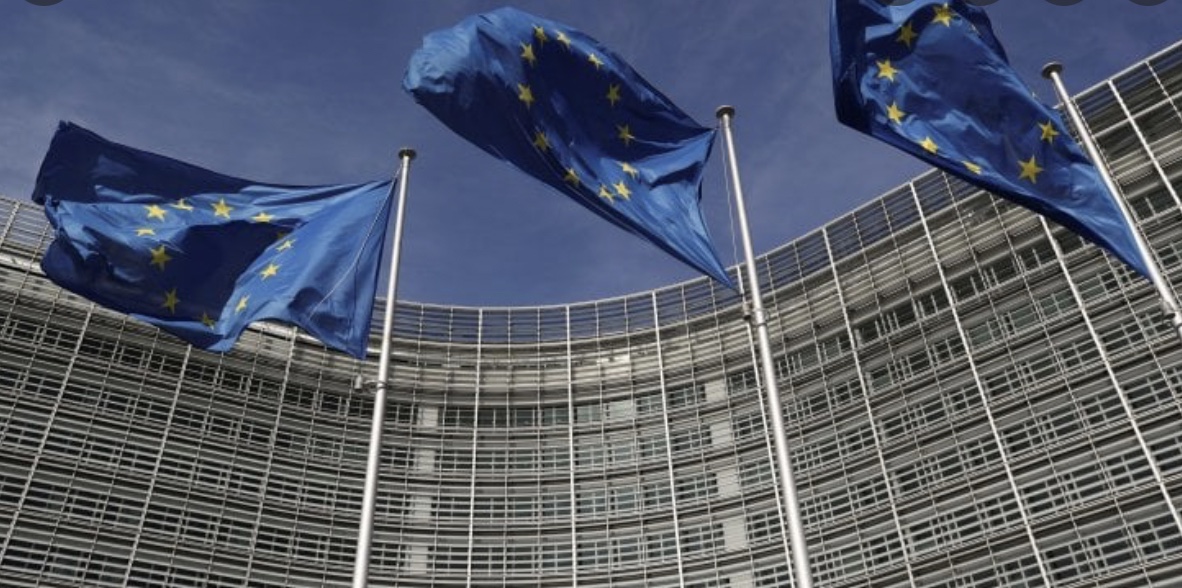New rules for the Stability Pact in Europe, this is the ambitious challenge for the Union, grappling with the difficulties of its Members who have increased their public debt, not observing the limit of 3 per cent (deficit / GDP), currently suspended due to the pandemic.
What is the Stability Pact?
It is a agreement signed by the Member States of the European Union in 1997, to govern their own public budget policies according to two cardinal principles: the budget of each country must not exceed the limit of 3% in the deficit / GDP ratio and 60% in the debt / GDP ratio. Over time the prescriptions have increased e the Pact was transformed into the Fiscal Compact, with a preventive branch that establishes specific objectives for each country, and a corrective branch that initiates procedures in the event of non-compliance with the established standards. The basic principles, however, remained unchanged.
New course in the EU
Faced with an obligatory choice, even the most rigorous countries are starting to soften their position. L'Holland has opened up to new scenarios pushed by France which proposes a new Stability Pact that favors growth. The first discussion at the Eurogroup on the revision of the European fiscal rules was positive. As stated, writes La Press, is the EU Commissioner for the Economy, Paolo Gentiloni, who says he is optimistic "on the fact that this new history can be written ”. "I think there is an awareness that we are not in a new chapter of the old story where everyone only emphasizes their position but with a sincere effort to find common ground.“, Gentiloni remarked.
For now, however, we are only intent on among the ministers of the economy and finance of the euro area, because the real discussion will begin next spring when the Commission presents its proposal for the new Stability Pact.
Openness to dialogue was also reiterated by the president of the Eurogroup, the Irishman Paschal Donohoe"We have had a good tone in this discussion and colleagues have intervened aware of the importance of this discussion. They were aware of the need to find an agreement in this area in 2022 ".
Four new ministers made their debut at the Eurogroup meeting: the German one, Christian Lindner, the Dutch Sigrid Kaag, the Austrian Magnus Bruner and the Luxembourgish Yuriko Backes.
The Dutch Kaag has already shown a softer line than the rigorist positions of the previous Rutte government, effectively splitting the rigorist front: "A pluralistic approach is very healthy. I have never had the privilege of meeting the counterparts of the so-called frugal group. Frugal is a good title. Frugality is always an advantage. However, I am eager to meet everyone and will determine my position based on where the interests reside", He said before entering the meeting, highlighting the attempt to search"common ground that is sensible, future-proof and obviously very fair for European citizens".
THEAustria, on the other hand, he maintains his position, thus leading the group of frugal, defined by the neoministro Magnus Bruner "responsible ": “Responsibility means that we have to go back to the stricter rules of the Stability and Growth Pact. This is the fundamental point, regardless of who is the leader or not ”.
While the France, as mentioned, leads the group of the ambitious, with the minister Bruno Le Maire which reiterated the need to encourage investments and growth and defined the "obsolete" debt rules: "We must start from the need for a new Pact, but above all we need to define that"growth comes long before stability, growth that is lasting and just".
